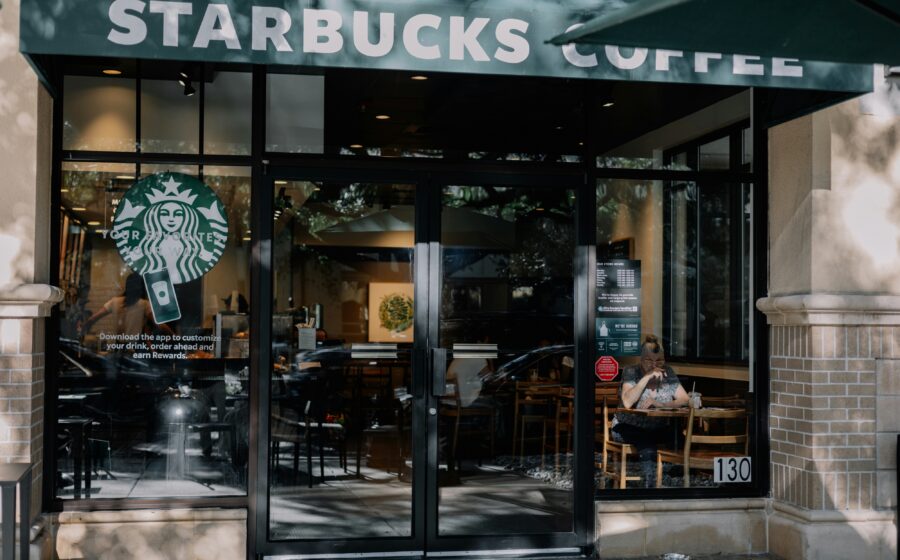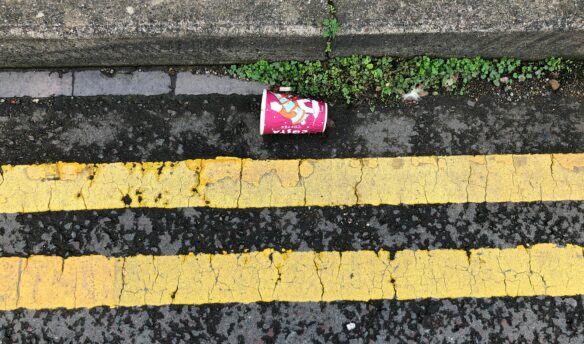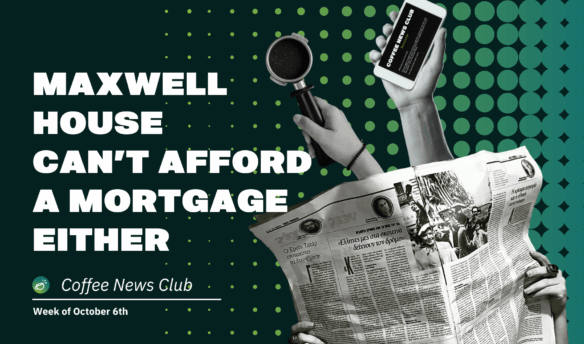✉️ This story was featured in this week’s Coffee News Club
👋 Get the Coffee News Club newsletter in your inbox weekly—sign up.
Almost immediately after taking the top job last year, new Starbucks CEO Brian Niccol announced plans to turn around the ailing coffee chain. He launched a campaign called “Back to Starbucks,” promising to rejuvenate the company in the face of falling sales and rising discontent among workers and customers.
Alongside moves like bringing sofas back for customers to lounge in and asking baristas to write customers’ names on every cup, Starbucks plans to cut costs by laying off over 1,000 corporate workers and scaling back discounts and promotions. This year, instead of leaving raises to managers’ discretion, the company is giving all salaried employees in North America a flat 2% increase.
Previously, managers had a say in how much of a raise their direct reports received. But this is changing as Starbucks pours money into other parts of the business, reports Nino Paolo for Fortune. “As we make these significant investments, we need to carefully manage all our other costs,” the company noted in an internal email obtained by the Wall Street Journal.
The new raise policy applies to salaried employees in corporate, manufacturing, distribution, and store management—but not to hourly baristas. Back in April, union delegates negotiating a first contract rejected the company’s offer of guaranteed annual raises of at least 2%. The inflation rate in the United States stands at 2.7% for the 12 months ending July 2025.
While salaried workers are seeing raises capped at less than the inflation rate for the year, Starbucks has offered executives up to $6 million in stock grants if their work is found to “expedite the company’s turnaround efforts,” according to Fortune. Stock grants are when a company issues shares of its stock as part of a compensation package or to reward performance. According to an SEC filing, the incentives are “directly tied to the achievement of key components of the Back to Starbucks plan to encourage our senior leaders to achieve these goals as quickly as possible.”
Unionized baristas—now more than a year into contract negotiations—were quick to point out the lofty incentives for executives. “Starbucks cannot tell us that there is no money to put into a fair union contract for baristas when they paid Brian [Niccol] $96 million for 120 days of work in 2024 and have allocated millions upon millions for a glitzy manager conference and C-Suite bonuses,” bargaining delegate and barista Jasmine Leli told Fortune.
















